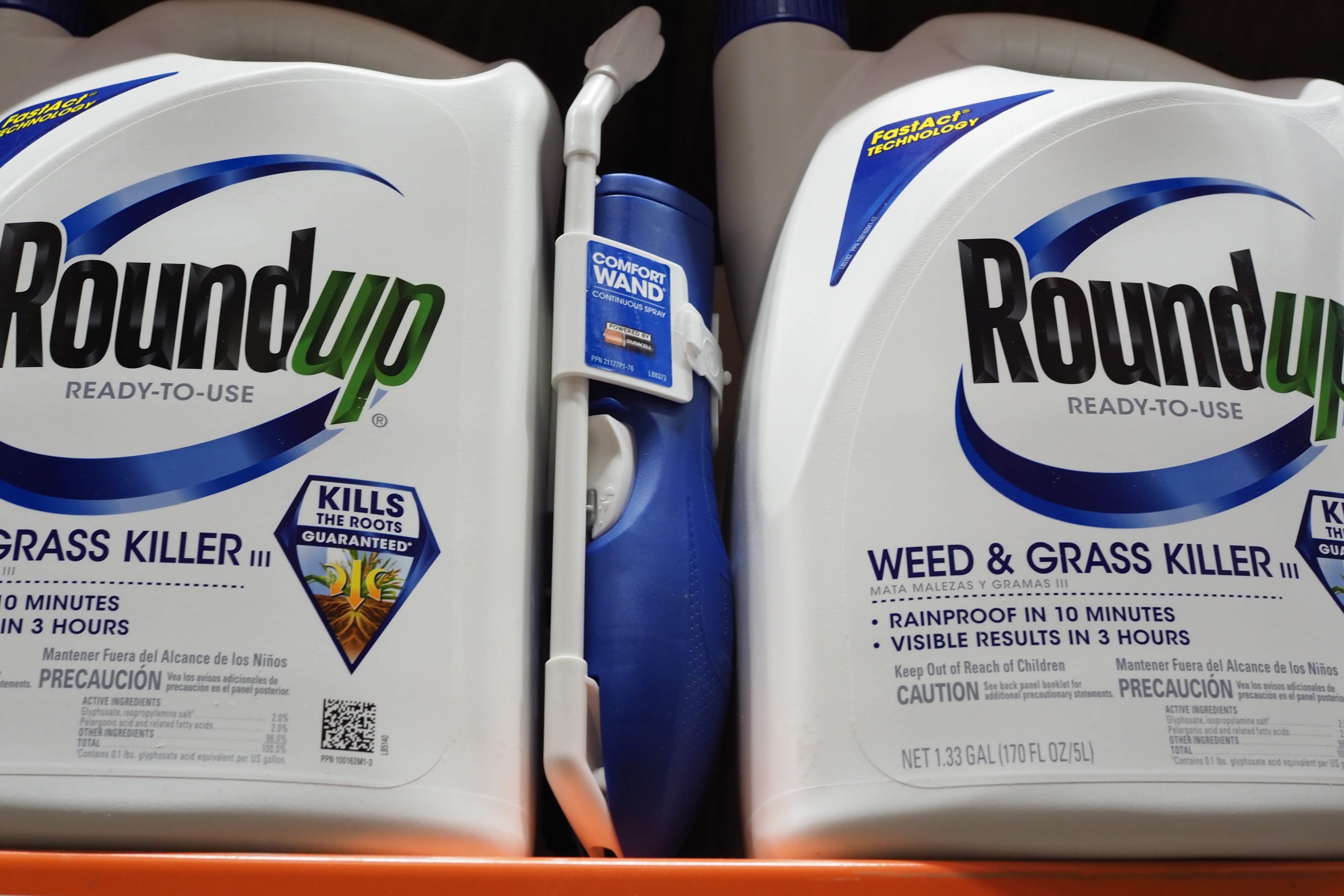Monsanto faces first US trial over Roundup cancer link
Photo: () | ©AFP
San Francisco (AFP) – In the first trial of its kind, a Californian dying of cancer is suing US agrochemical giant Monsanto, claiming its popular herbicide Roundup caused his disease — a case that could have sweeping ramifications.
The stakes are high for Monsanto, which could face massive losses should it have to pay out damages over the product, whose main ingredient is glyphosate, a substance which some say is dangerously carcinogenic.
Dewayne Johnson, a 46-year-old father of two, says he is sick because of contact with Roundup, which he used for two years from 2012 as a groundskeeper for the Benicia school district near San Francisco, his lawyer Timothy Litzenburg told AFP.
Thousands of lawsuits targeting Monsanto are currently proceeding through the US court system, according to American media.
Litzenburg says he represents hundreds of people who also say they are victims of glyphosate.
Whether the substance causes cancer has been the source of endless debate among government regulators, health experts and lawyers.
“A major part of that job was spraying Roundup or Ranger Pro (a similar Monsanto product)… He sprayed it 20 to 40 times per year, sometimes hundreds of gallons at a time on the school properties,” Litzenburg said.
In 2014, Johnson was diagnosed with non-Hodgkin lymphoma, a cancer that affects white blood cells. Two years later, and no longer able to work, he filed suit against Monsanto, which he accuses of hiding its product’s dangers.
“His case has been expedited because he currently has only a few months to live,” his lawyer said.
On Monday, US television footage showed Johnson in court for pre-trial proceedings, visibly weakened and his skin marked by numerous lesions.
Opening arguments in the case are expected to begin in the middle of next week, after a series of technical hearings and jury selection, according to both parties interviewed by AFP.
– Scientific controversy –
The International Agency for Research on Cancer — a World Health Organization body — has classified glyphosate, which is widely used around the world, as “probably carcinogenic.”
The European food safety and chemicals agencies have so far not followed suit. A US Department of Health study has suggested its toxicity is limited.
Monsanto, which was recently bought by Germany’s Bayer, has always denied any link between disease and glyphosate, a substance classified as carcinogenic in the state of California.
“More than 800 scientific studies, the US EPA (Environmental Protection Agency), the National Institutes of Health and regulators around the world have concluded that glyphosate is safe for use and does not cause cancer,” the group said in a statement.
“We have empathy for anyone suffering from cancer, but the scientific evidence clearly shows that glyphosate was not the cause. We look forward to presenting this evidence to the court.”
Johnson’s defense has not yet set the damages it intends to seek from Monsanto, also known for its highly controversial genetically modified seeds.
“The only thing, as civil attorneys, that we can do is to take money from Monsanto and give it to Mr Johnson,” said Litzenburg.
“The far more interesting part is non-economic damages, the pain and suffering and the mental anguish of being cut off from watching your sons grow up and all that kind of stuff. I mean, how do you put a price tag on that?”
Californian law allows for an expedited procedure when a party is facing imminent death, and Johnson’s is the first targeting Roundup to use that law and reach trial.
“Monsanto has purposefully deceived the public about the safety of its flagship herbicide Roundup for decades,” said Linda Wells, Midwest organizing director for Pesticide Action Network North America.
“If Johnson is successful at trial, it will be a huge shakeup for the entire pesticide industry.”
Disclaimer: This story has not been edited by Siliconeer and is published from a syndicated feed. Siliconeer does not assume any liability for the above story. Validity of the above story is for 7 Days from original date of publishing. Content copyright AFP.


